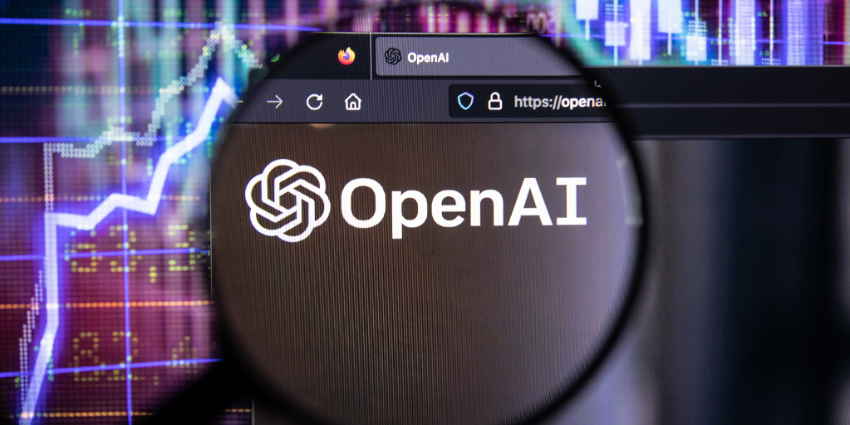The EU AI regulation shockwaves continue to rock the technology world. Following significant US competitive investments and the Paris AI Summit, Meta, Google, and Bird took substantial strides against the region’s approach to emerging AI technology.
Recently, Bird, a Netherlands-based cloud company, announced plans to move its operations outside of the EU due to restrictive regulations and difficulties in hiring skilled technology workers, CEO Robert Vis said:
We are mostly leaving Europe as it lacks the environment we need to innovate in an AI-first era of technology. We foresee that regulations in Europe will block true innovation in a global economy moving extremely fast to AI.
Moreover, heavyweights Google and Meta spoke about the troubles that EU AI regulations are creating, which are leading to issues regarding the development of smart glasses, such as the upcoming Meta Ray Ban portfolio.
The firms took the stage at a Techarena event in Stockholm, Sweden, with Chris Yiu, Meta’s director of public policy, noting at the event:
I think there is now broad consensus that European regulation around technology has its issues, and sometimes it’s too fragmented, like GDPR [General Data Protection Regulation], sometimes it goes too far, like the AI Act. But the net result of all of that is that products get delayed or get watered down and European citizens and consumers suffer.
Yiu claimed that advances in Meta Ray Ban AI smart glasses are held back by EU regional red tape, with the Meta speech explaining that technology is a “profound and very human application of the technology,” which is “slow to arrive in Europe because of the issues that we have around regulation.”
Dorothy Chou, Google DeepMind’s Head of Public Policy, also noted that EU AI regulation is outdated; Chou added:
I think what’s difficult is when you are regulating on a time scale that doesn’t match the technology. think what we need to do is both regulate to ensure that there is responsible application of technology, while also ensuring that the industry is thriving it all the right ways.
Macron’s Big AI Moves
The news follows the French AI Summit, where French President Emmanuel Macron shared the stage with other world leaders, including Indian Prime Minister Narendra Modi and industry leaders like OpenAI CEO Sam Altman and Google CEO Sundar Pichai to tackle the rapidly growing AI industry.
President Macron expressed a desire for Europe to ease regulations on AI, enabling businesses and end-users to take better advantage of the technology. Additionally, he announced the appointment of Clara Chappaz as France’s first AI Minister.
Macron said:
This is the equivalent for France of what the US announced for Stargate. – More seriously, with artificial intelligence, we can do some very big things: change health care, energy, life in our society. France and Europe must be at the heart of this revolution to seize every opportunity and also to promote our principles.
European Commission President Ursula von der Leyen also noted that the Paris AI Summit leaders wish to “embark on the AI revolution before us with the spirit of openness and collaboration, but to create that kind of trust, we need international regulatory regimes that foster creation,” noting that while Macron wants to foster less regulation, ethics seem to be core to that vision none the less.
British Prime Minister Keir Starmer said the UK government would only ever “sign up to initiatives that we judge to be in our national interest.” Currently, the UK Labour government is working on an AI Playbook that looks to rebuild public services; despite not jumping on board yet, the UK government said it would “continue to work closely with international partners,” according to Starmer, perhaps painting a picture of the future of England’s AI Playbook.
The words from Meta, Google, and Bird appear to reflect the removal of red tape outlined by the Paris AI Summit. Going forward, this theme may create shockwaves.







